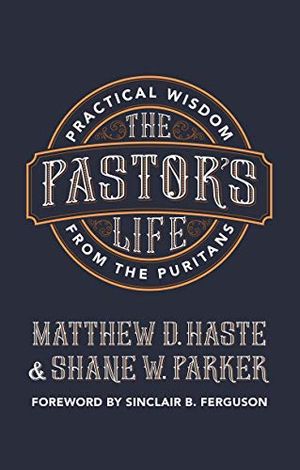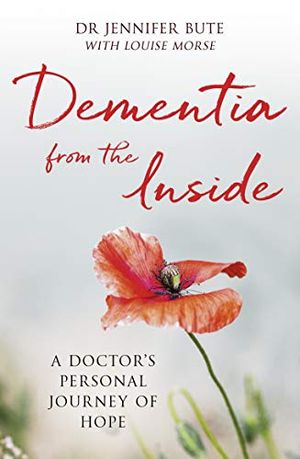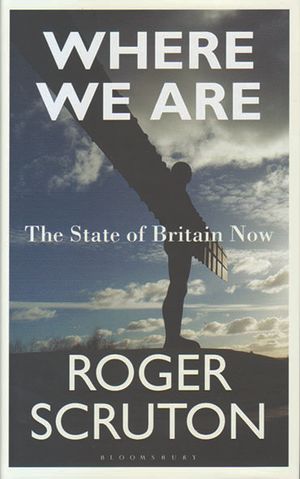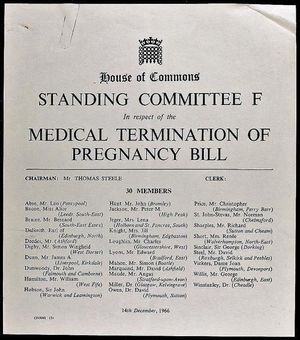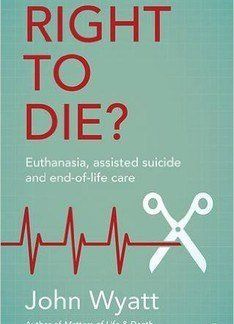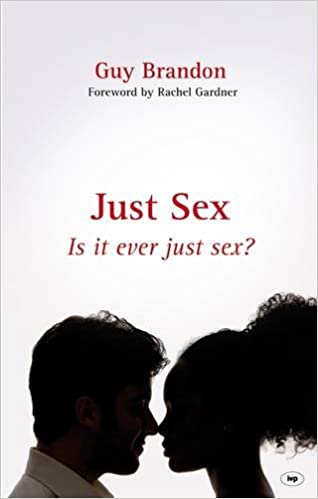There are several types of ‘post-coital’, or morning-after pill (MAP), but the one currently in the news is Levonelle-2, manufactured by Schering. The active ingredient in each of the two-pill treatment packs is a high dose (750mg) of progestogen.
This hormone can prevent ovulation and fertilisation, but it also has an ‘abortifacient’ activity; that is, it can prevent a human embryo from implanting in the lining of the womb, thereby destroying a new life already begun.
Rewriting biology
The MAP is not new. Way back in the 1980s it was introduced into the UK, amid protests from many pro-life people. Reassurances were given by the (then) Department of Health and Social Security (DHSS) that it would be used only in exceptional circumstances, and that it would always remain as a prescription-only drug under the control of doctors.
Incidentally, it was at that time that the DHSS invented the ‘new biology’. Because the MAP has an abortifacient action, its use contravened the Offences Against the Person Act 1861, which forbids the ‘procuring of a miscarriage’.
So the DHSS rewrote biology and, contrary to centuries of biological scholarship, said that fertilisation and conception were no longer the same event, but that the latter occurs only after implantation, that is, about six days after fertilisation.
The age-old definition of ‘contraception’ (contra, against and conceptum, conception) clearly meant keeping sperm and ova apart by either physical, or chemical means, to prevent conception, or fertilisation. This ‘new biology’ meant that a contraceptive could now act by destroying the already-formed embryo, prior to implantation. Hence, the MAP was reclassified as a ‘contraceptive’. This is another example of ‘lexical engineering’ preceding social engineering. We should not be fooled!

Slippery slope
By the end of 2000 the Government had approved the MAP for over-the-counter sales at chemists’ shops to girls over the age of sixteen. And by the beginning of 2001 it was available for under-age girls from nurses in selected state schools.
The MAP no longer requires a prescription or a doctor’s supervision. And it is no longer ’emergency-only contraception’; street-wise girls will carry it in their handbags as an ‘ever-ready’ aid.
Here is another of those frightening, bioethical slippery slopes. The once-tight regulations have been relaxed. So, what next? Will the MAP be available at all good supermarkets and petrol stations? Will it be included in every student’s induction pack on their first day at secondary school?
Why has the Government broken these previous reassurances and safeguards, and rushed on to this slippery slope? The answer is simple: teenage pregnancy. We may not top many European leagues these days, but we are indisputably the best at getting girls ‘in the family way’.
The number of teenage pregnancies in the UK is currently more than 90,000 each year. This includes 8,000 girls under sixteen, and 2,200 under fourteen. Our pregnancy rate (about 60 per 1,000 teenage girls) is the highest in Western Europe.
These figures have continued to perplex successive governments. Why has the last twenty years of explicit sex education not worked? Why has their ‘pill and condom culture’ been so ineffective in preventing teenage pregnancies? If our young people insist on getting pregnant, then perhaps we should try ending these pregnancies ‘asap’. Enter the MAP.

Christian values
The MAP is regarded in Whitehall as part of the strategy to decrease teenage pregnancies. It is a cheap and out-of-sight method. But such a strategy will not work. There is only one effective and ethical way of limiting teenage pregnancy – the promotion of chastity. But this remains a concept foreign to most legislators and educators.
Chastity, along with marriage and fidelity, is long overdue for a classroom comeback. We have allowed Christian teaching and Christian values to be squeezed out of our schools and to be replaced by ‘sex education’ or, as it is sometimes referred to in government circles, ‘teenage fertility management’.
But can you see how entirely sensible the Bible’s teaching is? Just think how it could transform our country if its precepts were used as the basis for public policy.
Our other concerns about the MAP should include its lack of proper supervision, including reference to family medical histories. Some girls will be given the MAP inadvisably, and there will be no medical follow-up.
Again, the MAP is not entirely effective. It is advertised as 95% effective, but this drops to only 58% if taken 48 hours after sexual intercourse, so some of those who rely on it will have to resort to surgical abortions.
Long-term effects
Its long-term effects are unknown, especially if used frequently. It will almost certainly encourage promiscuity, underage sex, and male pressure. It gives no protection from sexually-transmitted diseases, which are currently making a huge comeback among teenagers.
The use of the MAP means we are giving up on our young people, eroding parental responsibility and alienating our children. It is shipping them off for a ‘quick fix’. The MAP is a pill that trivialises sexual intercourse.
The new government policy is the sad outcome of an approach to sex education that is mechanical, casual and value-free. In short, the MAP spells trouble. Worse, it will do our teenagers psychological and physical harm. Teenage pregnancies will not decrease significantly until governments grasp the nettle of promoting chastity.
What can we do about the MAP? There are, at least, five things. First, understand the issues. The Christian Institute has produced a most excellent, comprehensive 39-page booklet entitled, The Morning After Pill – Promoting Promiscuity. Read it – it is free, while stocks last, or it can be viewed on the CI’s website.
Second, speak up when the opportunity arises. Especially, talk about the MAP, and associated issues, with your children.
Third, encourage your church leaders to press home the biblical precepts of chastity, marriage and fidelity; it is not as if the Bible is short on such themes.
Fourth, contact the head teacher and governors of your children’s school and help them devise a moral sex education policy.
Fifth, pray for those in the battle: children, teachers, parents, doctors and health-care workers.


